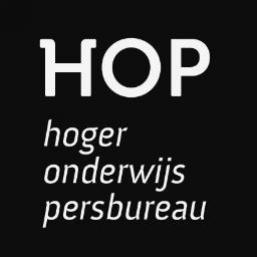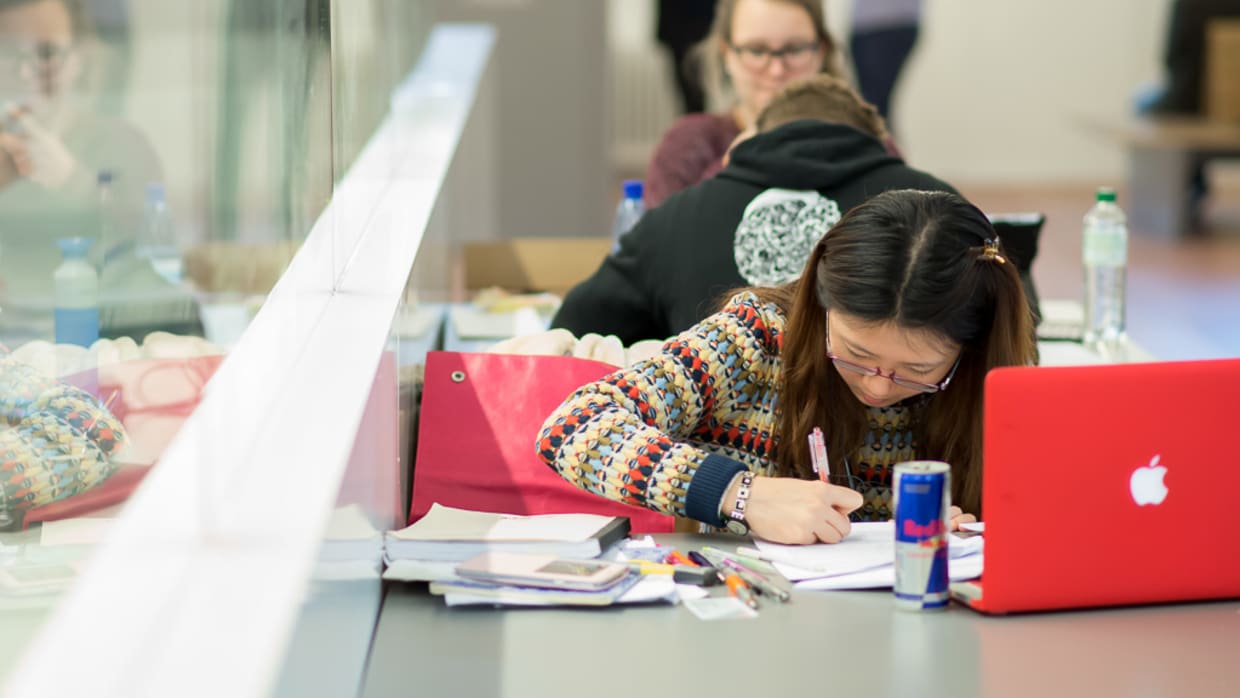
Analysis: What should the policy be for foreign students?
Minister Dijkgraaf is eager to see international students come to the Netherlands, but some programs—and cities—can no longer handle the influx. What solutions is he considering?
Once again, the number of international students at Dutch universities has increased, new counts show today. And if the predictions come true, the growth is not over yet.
At some fixus programs, international students are crowding out the Dutch ones. There is also housing shortage and students often cannot find rooms. So cities and universities are calling for help.
His own plan
But Minister Dijkgraaf seems to be in no hurry. He withdrew a bill from his predecessor (“Language and accessibility”) just as it was almost over the finish line. Only the Senate still needed to vote on it. Not until the spring of 2023 will the minister come up with his own plan.
Universities are balking at having to wait so long to be able to do something, but Dijkgraaf made the decision deliberately. “I can fill up the toolbox and then every farmer can maintain his own piece of the dike, but that doesn't mean the dike is guarded,” the minister said in an interview with the HOP last June. “We need a national view of internationalization: what do we want? That view is still missing.”
Tools
Universities do indeed want more tools in their toolboxes. They want permission to distinguish between European and non-European students so they can restrict one group without affecting the other. That would help 11 programs, such as aerospace engineering and mechanical engineering, the universities stated in a press interview.
They also want to distinguish between a Dutch-language track, to which all Dutch speakers are admitted, and an English-language track, for which a numerus fixus applies. This way they can maintain accessibility for Dutch students. Thirteen programs currently need this.
Fixus capability for non-EEA students in:
- Communication Sciences (Msc)
- Artificial Intelligence (Msc)
- Information Studies (Msc)
- Biomedical Sciences (Msc)
- Brain & Cognitive Sciences (Msc)
Fixus capability for foreign language tracks in:
- Psychology
- Political Science
- Communication Sciences
- Media Studies
- Future Planet Studies
Would it stop there? When asked, Pieter Duisenberg, chairman of the UNL umbrella association, admits that more programs will probably want to use these options.
Your own piece of the dike
But that would result in the situation that Dijkgraaf wants to avoid: that everyone is just guarding their own piece of the dike. There are major shortages in the labor market, the cabinet reasons, and the Netherlands could make good use of foreign students’ talents. Shrinking regions would also be thrilled with the arrival of foreign students who would give the economy a boost. So Dijkgraaf is presumably looking in another direction. But which one?
One solution is to turn some colleges into a form of hands-on universities. Then some of the so-called WO students (for Wetenschappelijk Onderwijs, Scientific Education) could attend such colleges and the pressure would be reduced. An additional advantage is that the predicted shrinkage of the college would then be absorbed. This possibility has been mentioned many times.
A single institution
But there is another option. Dijkgraaf believes that higher education should function as a single institution to better distribute the work among them. The same could be done with study enrollment.
If foreign students cannot get a place in, say, Amsterdam or Delft, they could be sent to study programs in other cities. That's how it used to be with medical schools. Medical students did not always end up at the university of their first preference, but sometimes had to go to another city.
Does Dijkgraaf want to attract more foreign talent to the Netherlands even though some degree programs are already bursting at the seams? If so, he needs to come up with something to distribute them across the country. A single national desk for enrollment could be a solution.

